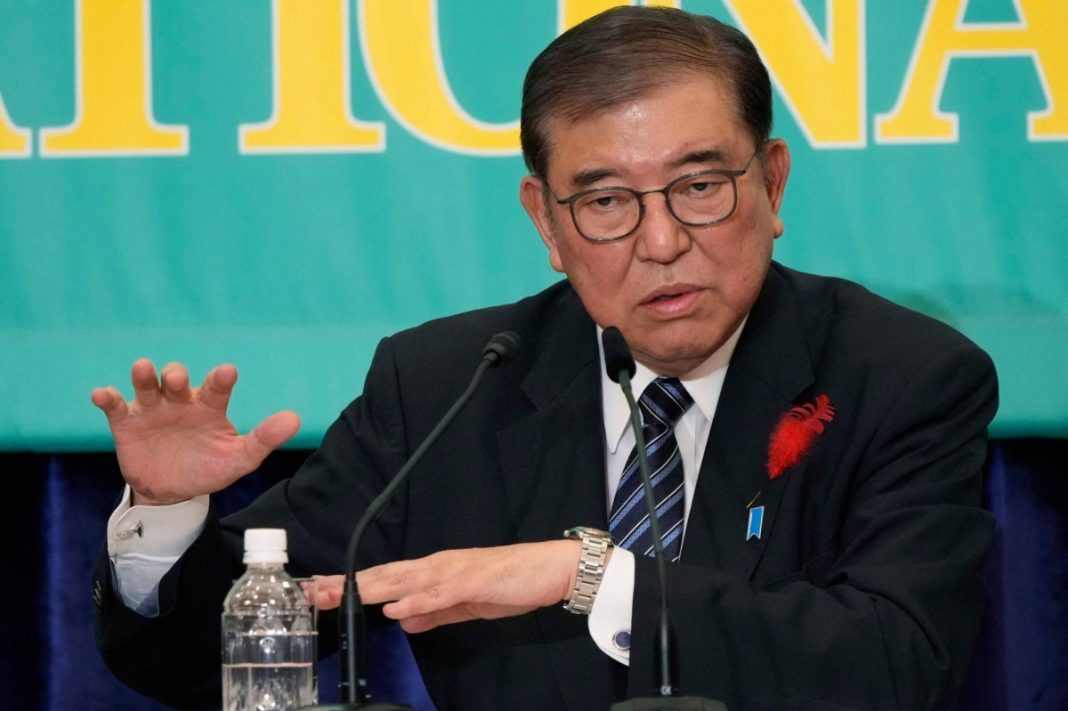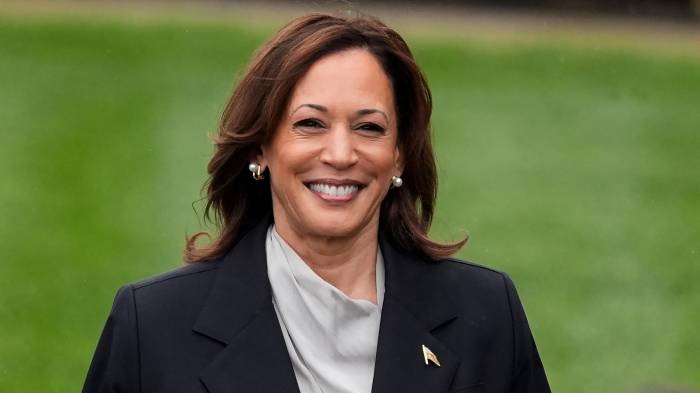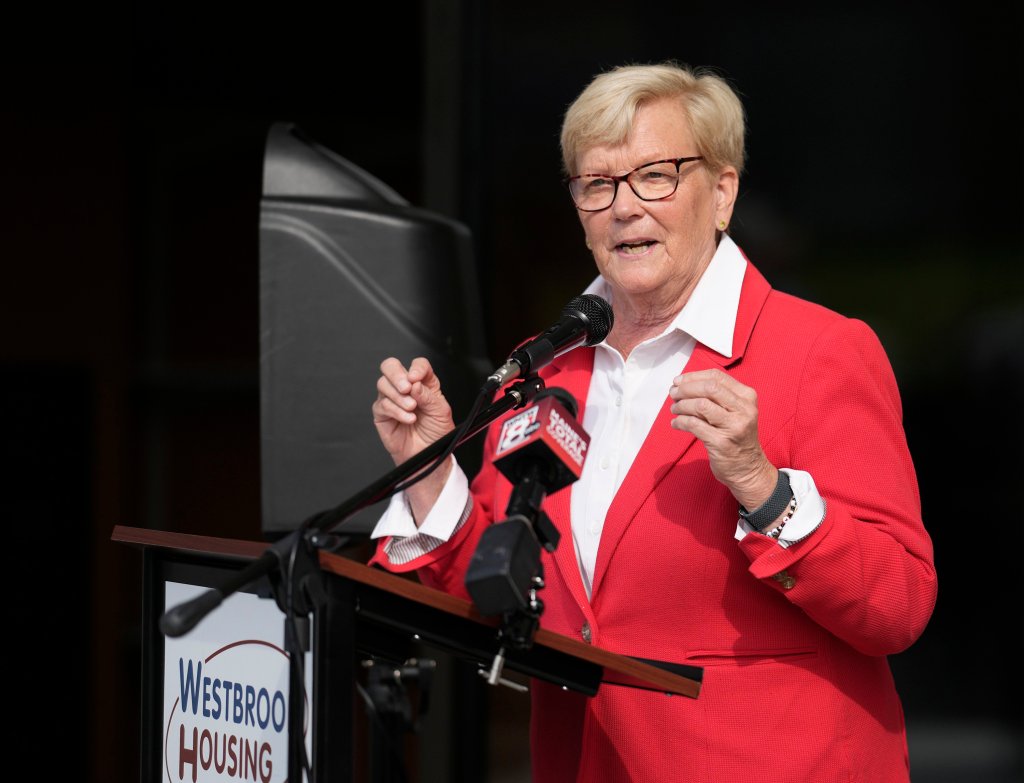New Prime Minister Shigeru Ishiba Eyes Early Meeting with U.S. President-Elect
In a move that underscores the importance of U.S.-Japan relations, newly appointed Prime Minister Shigeru Ishiba is contemplating a visit to the United States to meet with the president-elect before the inauguration in January. This potential meeting comes as the U.S. gears up for a highly anticipated presidential election on November 5, where former President Donald Trump will face off against current Vice President Kamala Harris in a race that promises to be closely contested.
In an interview with the Yomiuri Shimbun on Saturday, Ishiba emphasized the necessity of establishing a relationship with the incoming U.S. leader, stating, "As the prime minister of Japan, an ally of the U.S., it is necessary for me to have a relationship with the president-elect before the inauguration in January next year." This proactive approach highlights Ishiba’s commitment to maintaining strong diplomatic ties with one of Japan’s most significant allies.
The backdrop of this potential visit is a pivotal moment in U.S. politics. With the election just weeks away, the stakes are high for both candidates. Trump, representing the Republican Party, is seeking to reclaim the presidency, while Harris aims to solidify her position and continue the current administration’s policies. The outcome of this election will undoubtedly shape the future of U.S.-Japan relations, making Ishiba’s desire for an early dialogue all the more relevant.
Historically, Japan and the United States have enjoyed a robust partnership, characterized by mutual defense agreements and economic cooperation. However, the dynamics of this relationship can shift significantly depending on the political landscape in Washington. By reaching out to the president-elect, Ishiba is not only positioning Japan to have a voice in future discussions but also signaling to the international community that Japan is ready to engage proactively on the global stage.
As the world watches the unfolding election drama in the U.S., Ishiba’s potential visit could serve as a crucial step in reinforcing Japan’s strategic interests and ensuring that the new administration understands the importance of the U.S.-Japan alliance. Whether or not the meeting materializes, it reflects a forward-thinking approach that prioritizes diplomacy and collaboration in an increasingly complex geopolitical environment.
In the coming weeks, all eyes will be on both the U.S. election and Ishiba’s plans. Will he make the trip across the Pacific? Only time will tell, but one thing is clear: the new Prime Minister is eager to lay the groundwork for a strong relationship with whoever emerges victorious in November.



